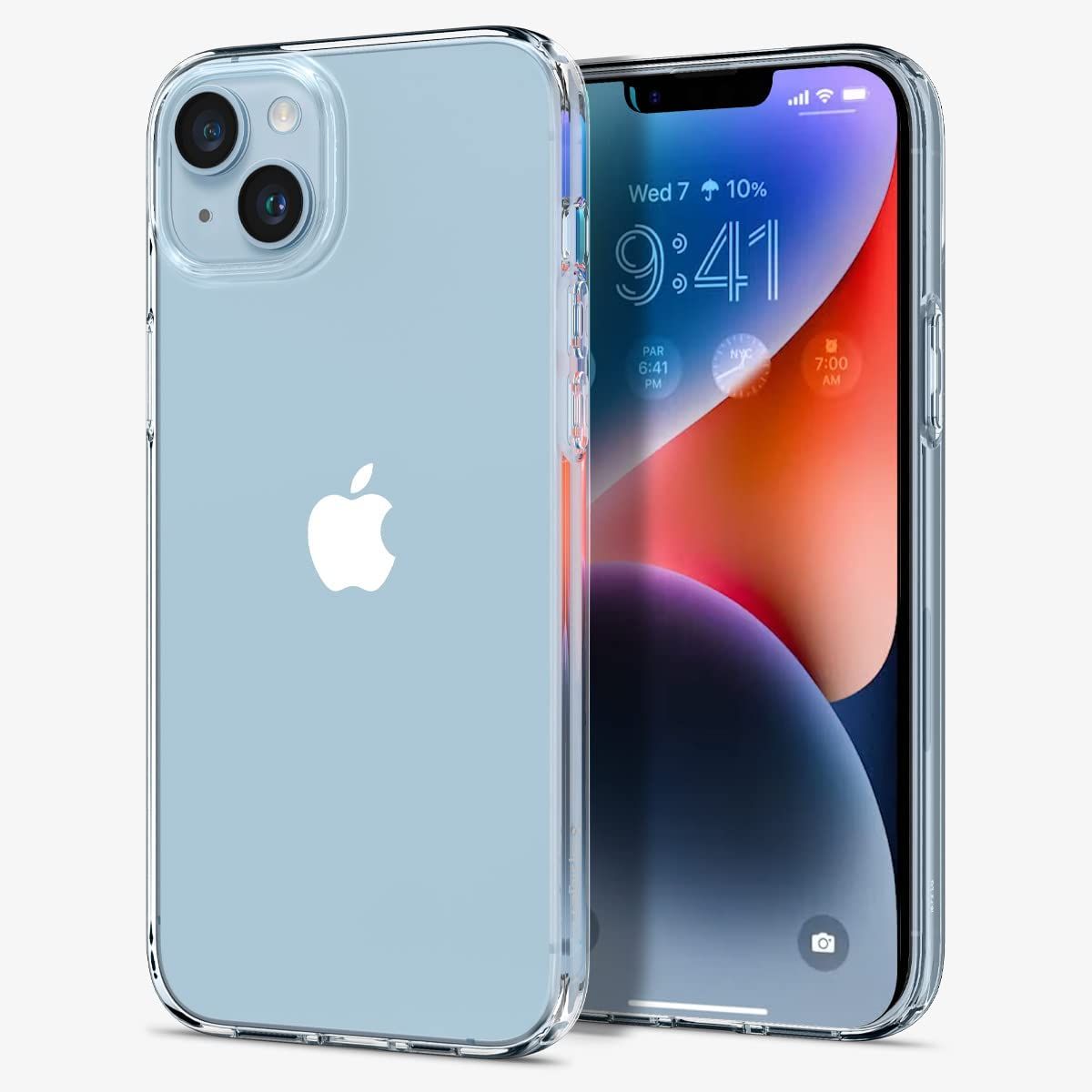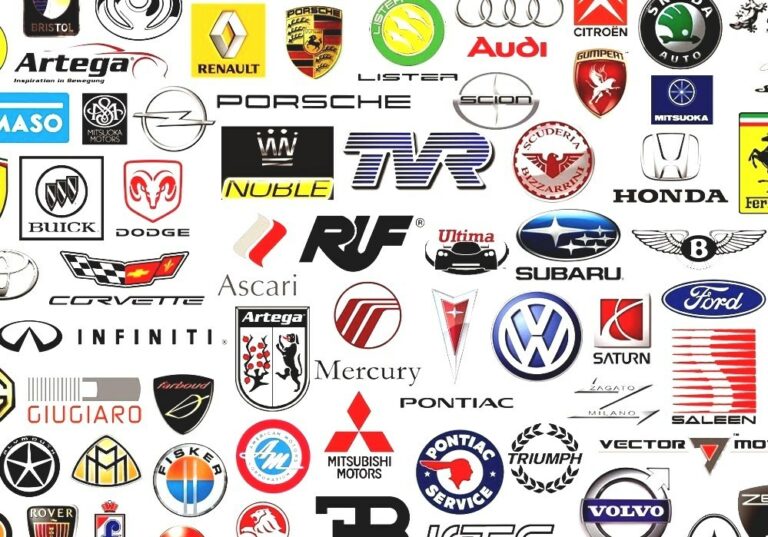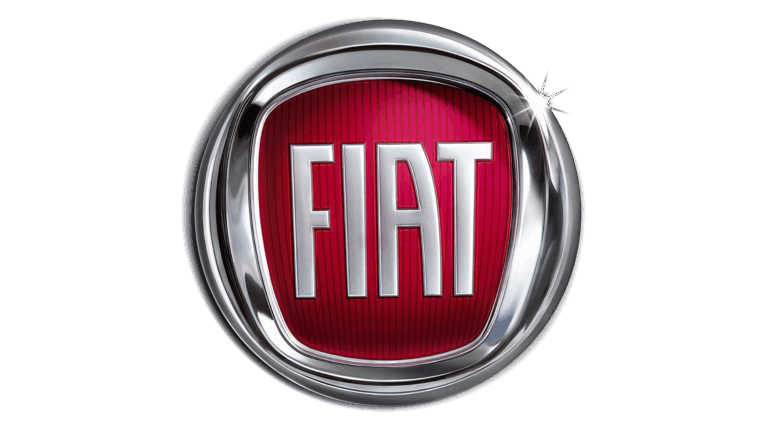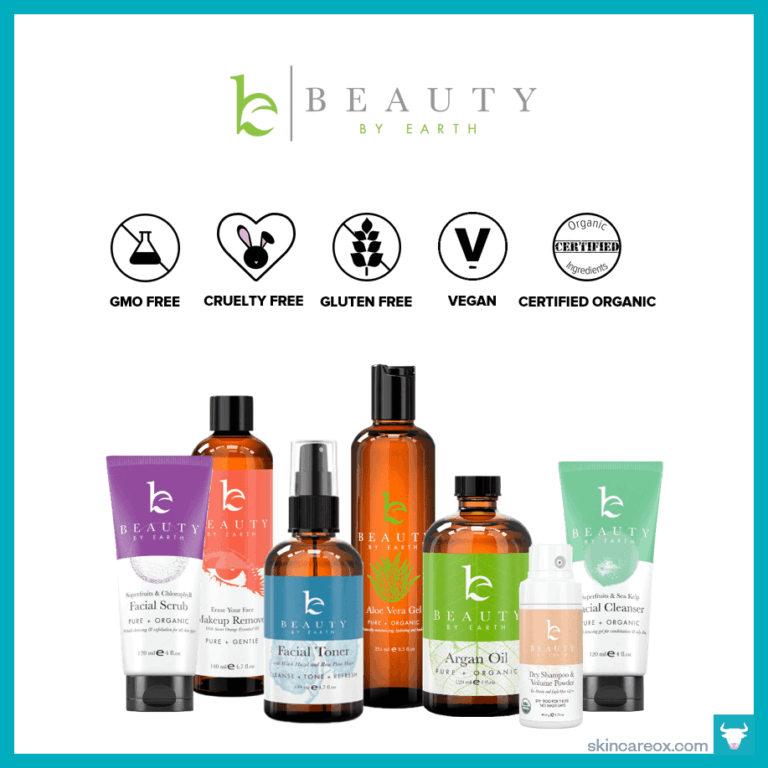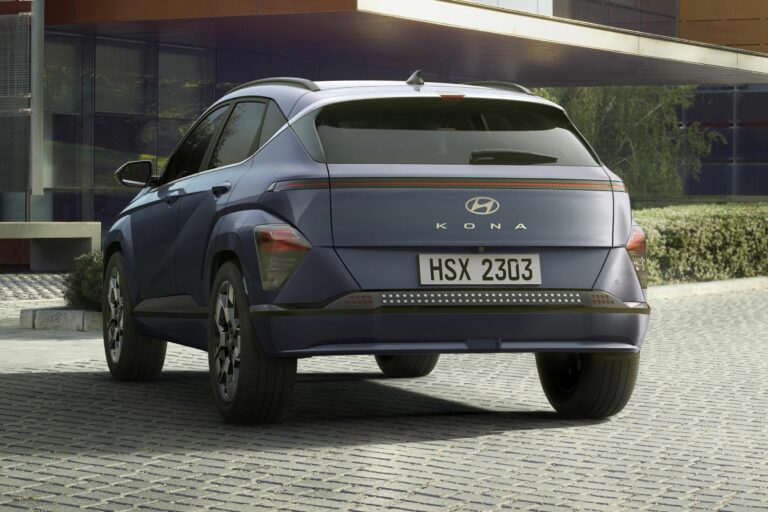What Is The Best Car Brand To Buy? Unlocking Your Ideal Automotive Match
What Is The Best Car Brand To Buy? Unlocking Your Ideal Automotive Match cars.truckstrend.com
The quest for the "best car brand to buy" is a journey almost every individual embarks on at some point in their lives. It’s a question that, at first glance, seems straightforward, yet its answer is anything but simple. Unlike a single "best" answer in many areas of life, the automotive world offers a kaleidoscope of options, each with its unique strengths, philosophies, and target audiences. The truth is, there isn’t one universally "best" car brand. Instead, the "best" brand is intensely personal, defined by an individual’s specific needs, budget, lifestyle, priorities, and long-term ownership goals.
Buying a car is one of the most significant financial decisions many people make, second only to purchasing a home. It’s an investment that impacts daily commutes, family safety, leisure activities, and financial stability for years to come. Therefore, understanding what constitutes the "best" for you is paramount. This comprehensive guide aims to demystify the process, helping you navigate the vast automotive landscape to pinpoint the car brand that truly aligns with your unique requirements.
What Is The Best Car Brand To Buy? Unlocking Your Ideal Automotive Match
Understanding Your Needs and Priorities: The Foundation of Your Choice
Before you even begin to consider specific car brands, the most crucial step is to undertake a thorough self-assessment. What do you truly need and want from a vehicle? Answering these questions honestly will lay the groundwork for an informed decision.
-
Budgetary Constraints: This is often the most significant limiting factor.
- Purchase Price: What’s your comfortable upfront spending limit? Don’t forget sales tax, registration, and potential financing interest.
- Running Costs: Consider fuel efficiency (or electricity costs for EVs), insurance premiums (which vary significantly by brand and model), routine maintenance, and potential repair costs.
- Depreciation: How well does the brand and model hold its value over time? This impacts your resale value.


Lifestyle and Usage: How will you primarily use the car?
- Daily Commute: Long highway drives, stop-and-go city traffic, or a mix? This influences fuel economy needs and comfort features.
- Family Needs: Do you need space for children, car seats, pets, or significant cargo? Minivans, SUVs, and larger sedans might be ideal.
- Adventure/Utility: Do you need off-road capability, towing capacity, or significant cargo space for hobbies like camping, sports equipment, or home projects? Trucks and rugged SUVs come to mind.
- Luxury/Prestige: Is comfort, advanced technology, premium materials, and brand image a high priority?
- Performance/Enthusiasm: Do you crave exhilarating acceleration, precise handling, and a dynamic driving experience?

-
Key Features and Must-Haves: Make a list of non-negotiables.
- Safety Features: Advanced Driver-Assistance Systems (ADAS) like automatic emergency braking, lane-keeping assist, blind-spot monitoring. Look for strong ratings from organizations like NHTSA and IIHS.
- Technology & Infotainment: Touchscreen size, Apple CarPlay/Android Auto, navigation, premium audio, connectivity options.
- Fuel Efficiency: Prioritize MPG or MPGe (for EVs) if environmental impact or running costs are a concern.
- Performance: Horsepower, acceleration, handling dynamics.
- Cargo Space & Versatility: Trunk volume, folding seats, roof racks.
- Comfort & Ergonomics: Seat comfort, cabin noise, ride quality.
-
Long-Term Ownership:
- Reliability: How prone is the brand to breakdowns and costly repairs?
- Maintenance Costs: Are parts and labor expensive? Is the dealership network accessible?
- Resale Value: Will your car retain a good portion of its original value when it’s time to sell or trade in?
Key Factors Defining a "Good" Car Brand
While individual needs vary, certain universal metrics help define the strength and desirability of a car brand.
-
Reliability and Durability:
- Why it matters: A reliable car means fewer unexpected breakdowns, lower repair costs over time, and greater peace of mind. Brands consistently ranked highly for reliability include Toyota, Honda, Lexus, and Mazda. These brands often boast robust engineering and a focus on long-term dependability.
- How to assess: Consult independent consumer reports (e.g., Consumer Reports, J.D. Power Vehicle Dependability Study) and owner forums.
-
Safety:
- Why it matters: Protecting occupants is paramount. Brands like Volvo, Subaru, Mercedes-Benz, Hyundai, and Toyota consistently earn top safety ratings.
- How to assess: Check ratings from the National Highway Traffic Safety Administration (NHTSA) and the Insurance Institute for Highway Safety (IIHS). Look for "Top Safety Pick+" awards.
-
Performance and Driving Experience:
- Why it matters: For enthusiasts or those who spend significant time driving, a responsive engine, precise steering, and comfortable ride enhance the experience.
- Brands known for this: BMW, Audi, Porsche, and Mazda (for its engaging handling even in everyday cars). Even some mainstream brands like Honda (Civic Si) and Hyundai (N Line models) offer spirited options.
-
Technology and Innovation:
- Why it matters: Modern cars are packed with technology, from advanced infotainment to sophisticated driver-assistance systems.
- Brands pushing boundaries: Tesla (pioneering EV tech and autonomous driving), Mercedes-Benz, Audi, and Hyundai/Kia (for their rapid adoption of cutting-edge features and user-friendly interfaces).
-
Fuel Efficiency and Environmental Impact:
- Why it matters: Lower running costs and reduced carbon footprint.
- Brands leading the way: Toyota (hybrid technology), Tesla (EVs), Hyundai/Kia (strong EV and hybrid lineups), and many brands offering efficient ICE (Internal Combustion Engine) options.
-
Value and Resale Value:
- Why it matters: A car that holds its value well mitigates the overall cost of ownership and provides a better return when you sell it.
- Brands with strong resale: Toyota, Honda, Subaru, Porsche, and Lexus often top these lists.
-
Customer Service and Ownership Experience:
- Why it matters: A good dealership network, responsive customer service, and comprehensive warranty can make a big difference during ownership.
- How to assess: Read online reviews of local dealerships, check J.D. Power Customer Service Index (CSI) rankings.
Categories of Car Brands and Who They Suit
To simplify your search, car brands can generally be grouped by their core focus and target audience:
-
Economy/Value-Oriented (e.g., Kia, Hyundai, Nissan, Mitsubishi):
- Who they suit: Budget-conscious buyers, first-time car owners, those prioritizing features for the price.
- Strengths: Excellent warranties, rapidly improving quality and design, strong feature-to-price ratio.
- Considerations: Resale value can sometimes lag behind top-tier Japanese brands, though this is improving.
-
Reliability/Practicality Focused (e.g., Toyota, Honda, Mazda, Subaru):
- Who they suit: Families, commuters, long-term owners, anyone prioritizing dependability, low running costs, and strong resale value.
- Strengths: Legendary reliability, excellent resale value, strong safety records, practical designs, often good fuel economy.
- Considerations: May not offer the same level of luxury or cutting-edge performance as premium brands.
-
Luxury/Premium (e.g., BMW, Mercedes-Benz, Audi, Lexus, Volvo, Genesis):
- Who they suit: Buyers prioritizing comfort, prestige, advanced technology, superior driving dynamics, and high-quality materials.
- Strengths: Exquisite interiors, powerful engines, advanced safety and infotainment systems, strong brand image.
- Considerations: Higher purchase price, often higher maintenance and insurance costs, faster depreciation on some models.
-
Performance/Sports (e.g., Porsche, Ferrari, Lamborghini, Chevrolet (Corvette), Ford (Mustang)):
- Who they suit: Driving enthusiasts, those seeking thrilling acceleration, precise handling, and a visceral driving experience.
- Strengths: Unmatched performance, iconic designs, high emotional appeal.
- Considerations: High purchase price, poor fuel economy, expensive insurance and maintenance, often limited practicality.
-
Electric Vehicle Specialists (e.g., Tesla, Rivian, Lucid):
- Who they suit: Early adopters, tech-focused buyers, environmentally conscious individuals, those with access to charging infrastructure.
- Strengths: Zero emissions, instant torque, cutting-edge technology, often minimalist interiors.
- Considerations: Range anxiety for some, reliance on charging infrastructure, potentially higher upfront cost, repair network may be limited for newer brands.
-
Truck/Utility Focused (e.g., Ford, Ram, Chevrolet, GMC):
- Who they suit: Those needing significant towing/hauling capacity, off-road capability, or ample cargo space for work or recreation.
- Strengths: Robust construction, immense power, versatile configurations, high utility.
- Considerations: Lower fuel economy, larger size can be challenging in urban environments, higher purchase price for top trims.
How to Research and Test Drive Effectively
Once you’ve narrowed down your potential brands and models based on your needs, it’s time for deeper research and hands-on experience.
-
Online Research:
- Reputable Review Sites: Edmunds, Kelley Blue Book (KBB), Consumer Reports, Car and Driver, MotorTrend offer professional reviews and comparison tools.
- Owner Reviews and Forums: Dive into forums specific to the models you’re considering. Real-world owners provide invaluable insights into daily ownership, common issues, and long-term satisfaction.
- Safety Ratings: Cross-reference NHTSA and IIHS websites for crash test results and safety feature evaluations.
- Total Cost of Ownership Calculators: Use tools on KBB or Edmunds to estimate depreciation, fuel, insurance, and maintenance costs over five years.
-
Dealership Visits:
- Multiple Brands: Visit dealerships for each brand you’re considering to compare models side-by-side.
- Ask Questions: Don’t hesitate to ask about specific features, warranty details, service intervals, and available trims.
- Inspect Closely: Check interior materials, seat comfort, cargo space, and visibility.
-
The All-Important Test Drive:
- Simulate Your Drive: Drive the car on roads similar to your daily commute – city streets, highways, uneven surfaces.
- Check All Features: Test the infotainment system, climate control, safety features (if safe to do so), and adjust seating/mirrors.
- Pay Attention to: Acceleration, braking, steering feel, ride comfort, cabin noise, visibility, and ease of parking.
- Consider Multiple Trims: If possible, test drive different trim levels to understand the difference in features and ride quality.
- Don’t Rush: Take your time. A test drive should ideally be 20-30 minutes, not a quick spin around the block.
Practical Advice and Actionable Insights
- Prioritize Needs Over Wants: It’s easy to get swayed by flashy features, but stick to your core needs list to avoid overspending or ending up with a car that doesn’t fit your lifestyle.
- Look Beyond the Sticker Price: Always factor in the Total Cost of Ownership (TCO) – depreciation, insurance, fuel, maintenance, and potential repairs. A cheaper car upfront might be more expensive to own long-term.
- Consider Certified Pre-Owned (CPO): CPO vehicles offer a balance between the lower cost of a used car and the peace of mind of a new one, often coming with extended warranties and rigorous inspections.
- Negotiate and Compare: Don’t settle for the first offer. Research market prices, get quotes from multiple dealerships, and be prepared to negotiate on the purchase price, trade-in value, and financing rates.
- Read the Fine Print: Understand the warranty, service plans, and financing terms before signing any documents.
Potential Challenges and Solutions
- Overwhelm of Choices:
- Solution: Start by eliminating categories that don’t fit your budget or basic needs (e.g., if you need a family SUV, don’t waste time on sports cars). Then, narrow down to 2-3 brands that consistently meet your top priorities.
- Budget Creep:
- Solution: Set a firm maximum budget and stick to it. Factor in all associated costs. Don’t let a salesperson upsell you on features you don’t need or can’t afford.
- Dealership Pressure:
- Solution: Go in prepared. Know the market value of the car you want and your trade-in. Don’t be afraid to walk away if you feel pressured or the deal isn’t right.
- Fear of Maintenance Costs:
- Solution: Research common issues for specific models/brands. Consider extended warranties or service plans, especially for luxury vehicles, but ensure they offer good value.
Representative Price & Information Table for Popular Car Brands
This table provides a generalized overview. Prices and specific models vary significantly by region, trim level, and market conditions. All prices are estimated entry-level MSRP in USD.
| Car Brand | Typical Entry-Level Price Range (USD) | Key Strengths | Example Popular Models |
|---|---|---|---|
| Toyota | $22,000 – $35,000+ | Legendary Reliability, High Resale Value, Hybrid Tech, Safety | Camry, RAV4, Corolla, Highlander |
| Honda | $23,000 – $35,000+ | Reliability, Practicality, Fun-to-Drive (some models), Safety | Civic, CR-V, Accord, Pilot |
| Mazda | $24,000 – $35,000+ | Engaging Driving Dynamics, Premium Interior Feel, Design, Safety | Mazda3, CX-5, CX-30, MX-5 Miata |
| Hyundai | $20,000 – $35,000+ | Strong Value, Feature-Rich, Good Warranty, Design, Safety | Elantra, Tucson, Santa Fe, Kona |
| Kia | $19,000 – $35,000+ | Excellent Value, Long Warranty, Bold Design, Tech, Safety | Forte, Sportage, Telluride, Seltos |
| Subaru | $25,000 – $38,000+ | Standard AWD, Safety, Resale Value, Outdoorsy Appeal | Forester, Outback, Crosstrek, Impreza |
| Ford | $25,000 – $55,000+ | Strong Truck Lineup, Performance (Mustang), Tech | F-150, Explorer, Escape, Mustang |
| Chevrolet | $23,000 – $50,000+ | Diverse Lineup (Trucks, SUVs, Sports Cars), Value | Silverado, Equinox, Traverse, Malibu |
| Lexus | $40,000 – $60,000+ | Luxury, Reliability, Refinement, Excellent Customer Service | ES, RX, NX, IS |
| BMW | $42,000 – $70,000+ | Performance, Driving Dynamics, Luxury, Technology | 3 Series, X3, X5, 5 Series |
| Mercedes-Benz | $45,000 – $75,000+ | Luxury, Comfort, Cutting-Edge Technology, Prestige | C-Class, GLC, E-Class, CLA |
| Tesla | $40,000 – $65,000+ | Electric Vehicle Leader, Innovation, Performance, Tech | Model 3, Model Y, Model S, Model X |
Note: The "Typical Entry-Level Price Range" refers to the starting MSRP for common models within the brand’s lineup and does not include premium or high-performance variants, taxes, fees, or incentives. Prices are subject to change.
Frequently Asked Questions (FAQ)
Q1: Which car brand is generally considered the most reliable?
A1: Historically and consistently, Toyota and its luxury arm Lexus lead the charts for reliability. Honda and Mazda also frequently rank very highly.
Q2: Which car brand has the best resale value?
A2: Toyota, Honda, and Subaru are renowned for retaining their value exceptionally well. Porsche also performs strongly in the luxury segment.
Q3: Are luxury cars worth the extra cost?
A3: It depends on your priorities. Luxury cars offer superior comfort, performance, advanced technology, and prestige. However, they come with higher purchase prices, often more expensive maintenance, and potentially higher insurance. If those factors are important to you and within your budget, they can be worth it.
Q4: Should I buy an electric car (EV)?
A4: EVs offer lower running costs (fuel/electricity), reduced emissions, and often a quiet, powerful driving experience. However, they typically have a higher upfront cost, and require access to charging infrastructure. They are excellent for urban dwellers or those with reliable home charging, but range anxiety can still be a concern for frequent long-distance travelers without good charging access.
Q5: How important are safety ratings?
A5: Extremely important. Safety ratings from organizations like NHTSA and IIHS provide objective data on a vehicle’s crashworthiness and the effectiveness of its safety features. Always prioritize models with strong safety ratings, especially if you carry passengers.
Q6: Is a used car a better value than a new car?
A6: Often, yes. New cars depreciate significantly in their first few years. Buying a well-maintained, slightly used car (especially a certified pre-owned, or CPO) can offer substantial savings while still providing reliability and warranty coverage. However, new cars offer the latest tech, full warranty, and no prior owner history.
Conclusion: Your Best Car Brand Awaits
The journey to finding "the best car brand to buy" is ultimately a personal one. It’s not about identifying a single, universally superior manufacturer, but rather about diligently assessing your unique needs, understanding the strengths of various brands, and making an informed decision that aligns with your lifestyle and budget.
By prioritizing reliability for peace of mind, safety for your loved ones, fuel efficiency for your wallet, or performance for driving exhilaration, you can narrow down the vast automotive market. The "best" car brand isn’t found on a generalized list; it’s the one that flawlessly integrates into your life, offering satisfaction, dependable service, and true value for years to come. Do your research, test drive thoughtfully, and trust your instincts – your ideal automotive match is out there.
